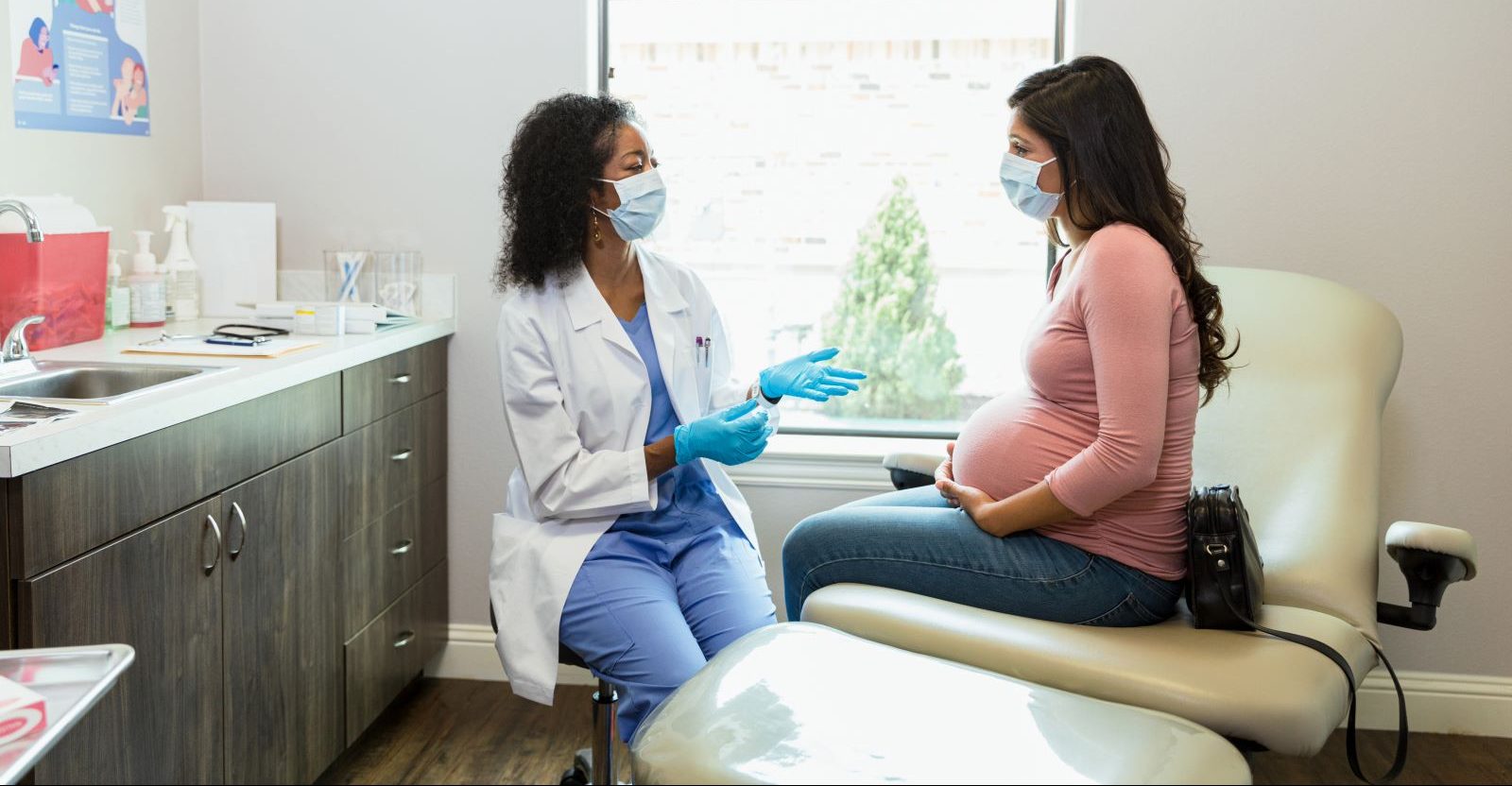<< Back
Pregnant? Here’s How Pelvic Floor Therapy Can Help With Labor

November 02, 2022
When the surging hormones and new aches dampen the joy of being pregnant, pelvic floor physical therapy can help.
This non-invasive approach helps women of any age strengthen and lengthen core muscles and those at the bottom of the torso to reduce the pain and discomfort of pelvic floor dysfunction, but can be especially effective for pregnant women.
Help in any trimester
During pregnancy, the expanding uterus puts pressure on the body. As a pregnancy progresses, pelvic floor muscles stretch to eventually allow the baby to move down the birth canal. Exercising these muscles before the baby is due helps strengthen them enough to support the uterus and baby.
“This is more than just Kegels. Exercises include breathing education, pelvic floor relaxation techniques, pelvic floor contraction, hip strengthening and low back strengthening,” said physical therapist Joanna Fisher of the Hartford HealthCare Rehabilitation Network in Westport.
Pelvic floor therapy can help with:
> Interested in pelvic floor therapy? Connect with the Hartford HealthCare Rehabilitation Network
Preparing for birth
Pelvic floor therapists teach expectant mothers labor positioning, what to expect and how to plan for the trip to the hospital to best care for their bodies after giving birth.
Whether women deliver vaginally or have a C-section, pelvic floor therapy reduces pain and leads to21wq an easier recovery, Fisher said. For women who deliver vaginally, this therapy can also decrease or prevent tearing during delivery.
Some mothers who previously delivered via C-section might find pelvic floor therapy helps them have a vaginal birth after subsequent pregnancies.
Continue after birth
“The goal of postpartum pelvic floor therapy is to return the patient to their pre-birth status,” Fisher said. “Pelvic floor therapists create a plan of care that is customized to each patient, dependent upon their functional needs.”
Other postpartum advantages include:
- Improved core strength
- Decreased urinary leaking
- Decreased pelvic pain
- Tightened pelvic floor